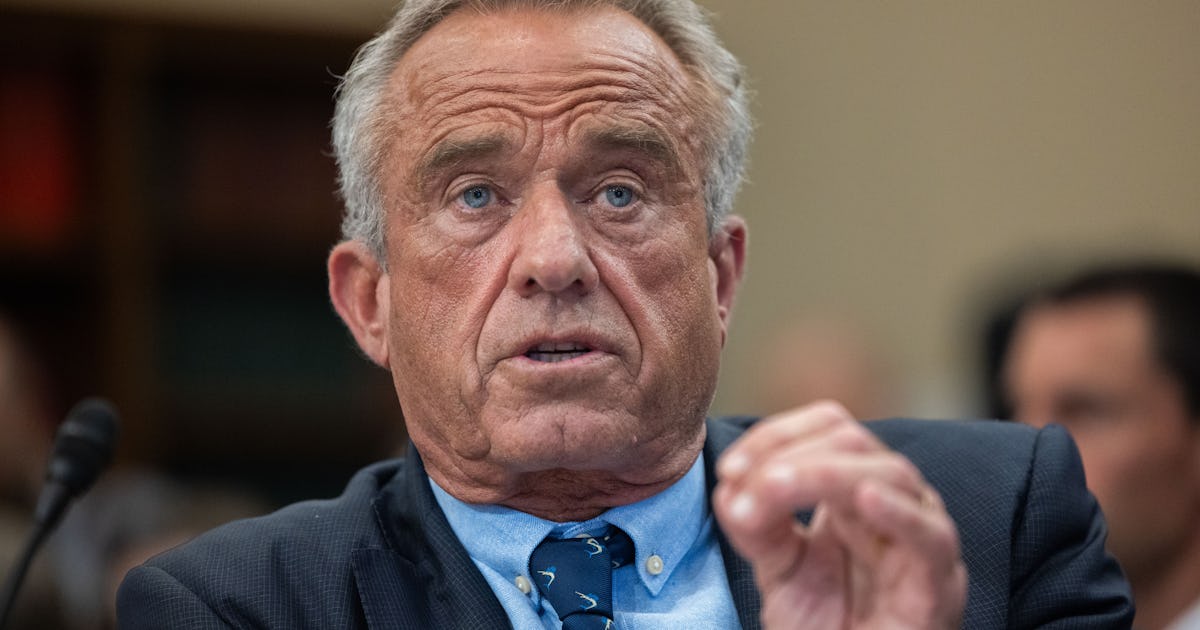
"Vaccines have become a divisive issue in American politics, but there is one thing all parties can agree on: The U.S. faces a crisis of public trust. Whether toward health agencies, pharmaceutical companies or vaccines themselves, public confidence is waning."
"Without these sweeping changes to ACIP, the Trump Administration would not have had the opportunity to secure its own experts until 2028."
"Established in 1964, ACIP provides guidance on how best to control vaccine-preventable diseases, including recommendations for routine administration of vaccines."
"Kennedy's accusations of conflict of interest appear to be largely based on a misunderstanding of a 2009 report, which he has cited to claim that 97% of ACIP members had conflicts."
HHS Secretary Robert Kennedy's op-ed in The Wall Street Journal reveals significant changes to the Advisory Committee on Immunization Practices (ACIP), dismissing all 17 members to address a crisis of public trust in vaccination and health agencies. Kennedy criticized perceived conflicts of interest among ACIP members, although his claims stem from misinterpretations of past reports. This controversial move allows the Trump Administration to secure its own experts earlier than 2028, emphasizing the need for unbiased science in vaccine recommendations.
Read at Scary Mommy
Unable to calculate read time
Collection
[
|
...
]